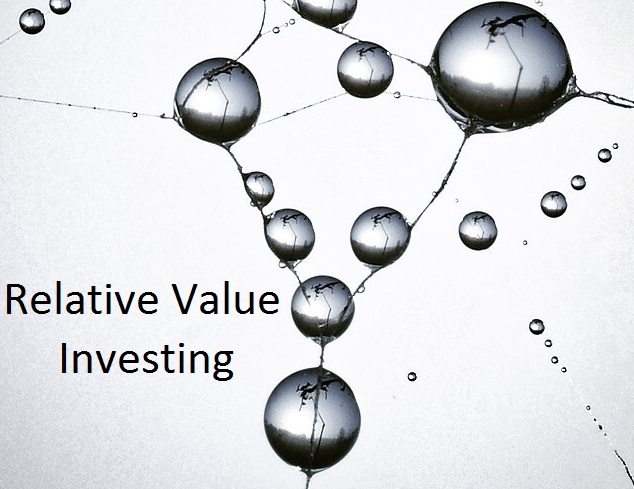“Hedge Fund” is a misnomer. Everyone wants to make hedge funds an asset class. It’s not. It’s a fund structure. There are so many different types of hedge funds that it’s becoming difficult to keep track — you have long/short, market neutral, managed futures, activist, credit, stat-arb, merger arbitrage, special situations, distressed debt, short bias, event driven, macro and probably a few others I missed. Then there are multi-strategy funds and fund of funds. And this doesn’t even break things down by geography, speciality or sectors. The options and combinations are nearly endless. And the institutionalisation of the industry means that most large allocators are trying to pick one of each fund type in something of a hedge fund style box, which is a great way to achieve mediocre returns.
Plus, most funds aren’t really hedging in the way most people use the term. There are very few market neutral funds. Most hedge funds are making directional bets when they go short, not hedging risks in the portfolio. I’m not sure many hedge fund investors realise this.
It's always a good idea to know what you are getting into to
Narratives are constantly changing. Institutionalisation has also changed the way most funds invest as expectations have shifted. In the 1970's and 1980's hedge fund managers were mostly looking for home run returns. As more institutions started to allocate to hedge funds the narrative shifted from the managers who tried to knock it out of the park in any type of environment to stock-like returns with bond-like volatility. Following the dot-com crash value investing staged a huge comeback, so fundamental long/short managers did very well by going long cheap stocks and short expensive stocks. This really increased interest in hedge funds and led to an explosion in the number of funds available.
Once the superannuation managers, sovereign wealth funds, endowments and foundations made it a point to invest in hedge funds it became obvious that the entire industry would become institutionalised. Due diligence is now so focused on operational and organisational risk that the investment process almost becomes secondary. The biggest funds have fully-staffed back offices, hundreds of PhD's and the best lawyers in the business who are able to craft a three hundred page prospectus that frees the fund from any potential litigation risk.
Anecdotally it seems there are only a small number of hedge funds that are worth the high fees, then there is an even smaller number of fund investors that are able to (a) identify the best funds in advance, (b) have access to these funds or (c) know when it’s time to exit an under-performing or oversubscribed fund.
Sadly it also appears that some of institutional and individual investors in hedge funds don’t really understand the strategies they’re investing in. This lack of understanding has led to unrealistic expectations in what funds can and cannot do for their investors. So many allocators have never traded thus it also seems that few teams or individuals have the necessary expertise to build and maintain a viable hedge fund allocation.

